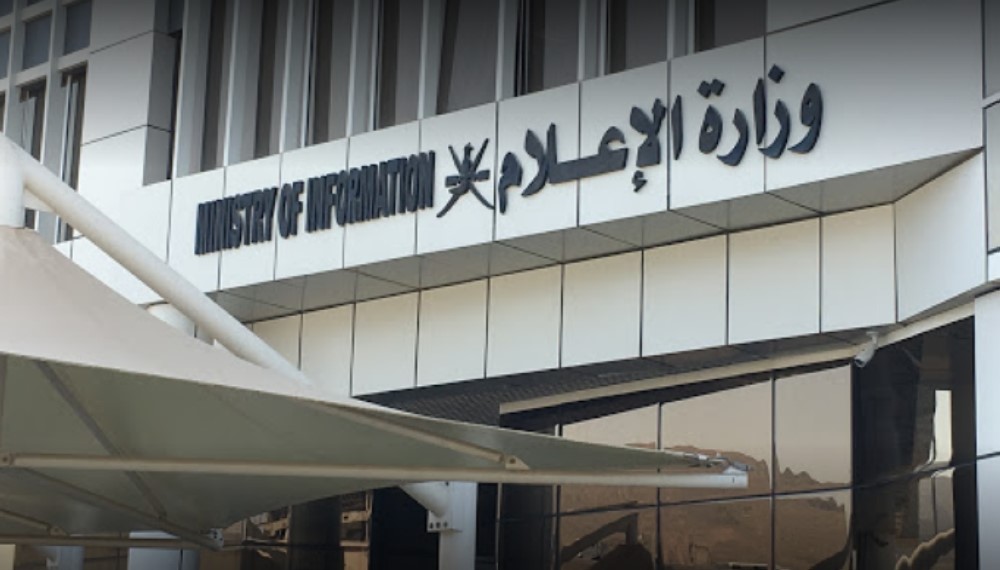Oman’s new Media Law, enacted by Royal Decree 58/2024 on November 10, 2024, has sparked intense debate over its implications for freedom of expression. This law, which consists of 60 articles, replaces older regulations, including the Printed Material and Publishing Law No. 49/1984, Censorship of Artistic Works No. 65/1997, and Private Radio and Television Establishments Law No. 95/2004. While the government presents it as a progressive step towards balancing media freedom with accountability, critics argue that it significantly restricts press freedom and enhances state control over information.
The law introduces strict licensing requirements, mandating that all media-related activities—including newspapers, broadcasting channels, publishing houses, and news agencies—must obtain approval from the Ministry of Information (MOI). This requirement extends to both local and international media entities. Additionally, content restrictions are extensive, with a prohibition on publishing or broadcasting material that could disrupt public order, interfere with legal proceedings, or violate MOI guidelines. The law also bans misleading advertisements and unethical practices to maintain content integrity.
One of the law’s notable provisions is the right to reply and correction, which allows individuals affected by inaccurate media reports to request prompt corrections. Furthermore, media entities and professionals are barred from accepting foreign donations or privileges without prior MOI approval, a measure intended to preserve Oman’s media independence. Violations of the law carry harsh penalties, including fines and imprisonment for unlicensed activities or content deemed to threaten national security.
Despite the government’s assurances that the law enhances media freedom, several provisions have raised serious concerns. Article 4 contains broad and ambiguous terms prohibiting content that conflicts with public morals or aims to mislead the public, granting the MOI significant power to censor media content. Additionally, the prohibition on publishing information related to ongoing investigations and trials could undermine transparency and shield corruption from public scrutiny.
The MOI has absolute authority to ban the publication of any news, statements, or information, further consolidating government control over the media. Import restrictions mean that travelers bringing books acquired abroad could face questioning, limiting access to diverse perspectives. Internet activists and citizen journalists are also affected, as they are prohibited from sharing or commenting on news via their accounts without prior MOI approval, stifling grassroots reporting.
Another troubling provision allows the MOI to deduct unspecified amounts from the financial guarantees provided by licensees, with media organizations then required to replenish these guarantees. This could be used as a tool to suppress independent media. The MOI also has the power to revoke any media license for reasons it deems valid, placing media outlets in a precarious position. Meanwhile, the public prosecutor or a designated court can suspend media operations indefinitely during investigations and trials, violating the principle of the presumption of innocence.
The law also introduces harsh penalties, with prison sentences ranging from three months to three years and fines between OMR 5,000 and OMR 200,000 (approximately 12,285 to 491,350 EUR). Such severe punishments for media-related offenses are widely seen as excessive and designed to intimidate journalists and media professionals.
While the government insists that the new Media Law ensures a responsible and ethical press, its broad and vague provisions grant authorities sweeping powers to restrict and control the flow of information. This threatens independent journalism, increases self-censorship, and undermines principles of justice and transparency.
A revision of the law’s repressive provisions is essential to safeguard freedom of expression in Oman, ensuring that a free press can contribute to a more open and democratic society.

